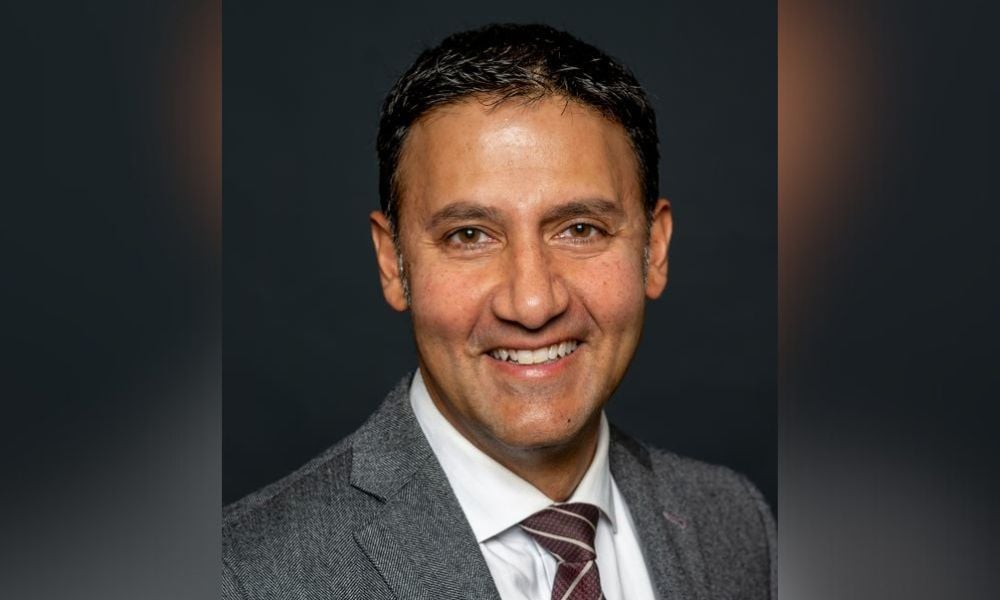The court highlighted the role of expert testimony in complex medical cases

The BC Court of Appeal dismissed a negligence claim against medical professionals involved in the care of a patient who passed away from a brain injury.
In Focken v. Miller, 2024 BCCA 74, Bradley Focken was a 55-year-old architect who tragically passed away after suffering a significant hypoxic-ischemic brain injury resulting from a hypoxic cardiac arrest at Royal Columbian Hospital. The arrest occurred due to bleeding in his throat, which obstructed his airway. Despite being promptly intubated and placed on life support, Focken's condition deteriorated, leading to his death.
The appellant, Teisha Focken, widow of Bradley Focken, contended at trial that the attending physicians had not adhered to the standard of care expected of them, asserting that their negligence directly contributed to her husband's demise. She argued that the medical condition Focken presented upon his admission to the hospital warranted an immediate embolization procedure. According to her, had the procedure been conducted on an emergent basis, Focken might have survived.
However, the trial judge concluded that the medical staff had not breached the expected standard of care. The judge found that upon his admission, Focken was stable and showed no signs of active bleeding until the unfortunate event. The decision to perform an embolization on an "urgent" basis the following morning, rather than immediately, was determined not to constitute a breach of standard care by the attending physicians and nurses.
This conclusion leaned heavily on the trial judge's acceptance of expert testimony provided by the defence. These witnesses argued that the medical decisions regarding Focken's care were in line with acceptable medical practices. On the contrary, the judge placed limited weight on the expert opinion offered by an otolaryngologist for the appellant due to critical assumptions he made that were unsupported by evidence, including the status of Focken's pre-existing cancer.
The BC Court of Appeal reviewed the appellant's challenges against the trial judge's findings. Among the points of contention was the judge's alleged failure to adequately assess the standard of care concerning the foreseeable risk to Focken and whether the decision to delay the embolization exposed him to an obvious risk of negligence.
The Court of Appeal, in its analysis, emphasized the role of expert testimony in determining the standard of care in complex medical cases. The court highlighted that the severity of the risk posed by a potential second bleed could not be assessed without expert insight, particularly given the conflicting views on whether Focken experienced a "sentinel bleed" before the catastrophic event.
Furthermore, the court addressed the appellant's concern regarding higher complication rates associated with after-hours medical procedures. An expert had testified that procedures performed after regular hours tend to have higher complication rates, primarily due to fatigue among medical staff. The court found no error in the trial judge's consideration of these factors, reaffirming the decision to schedule Focken's embolization procedure for the next morning was based on reasonable clinical judgment.
In conclusion, the BC Court of Appeal dismissed the appeal, reinforcing the trial judge's verdict that the medical professionals involved provided care that aligned with the expected standard. The court underscored the complexities of medical treatment decisions and the reliance on expert opinions to navigate these challenges. The tragic outcome, as determined by the court, was not the result of negligence on the part of the attending medical staff.










